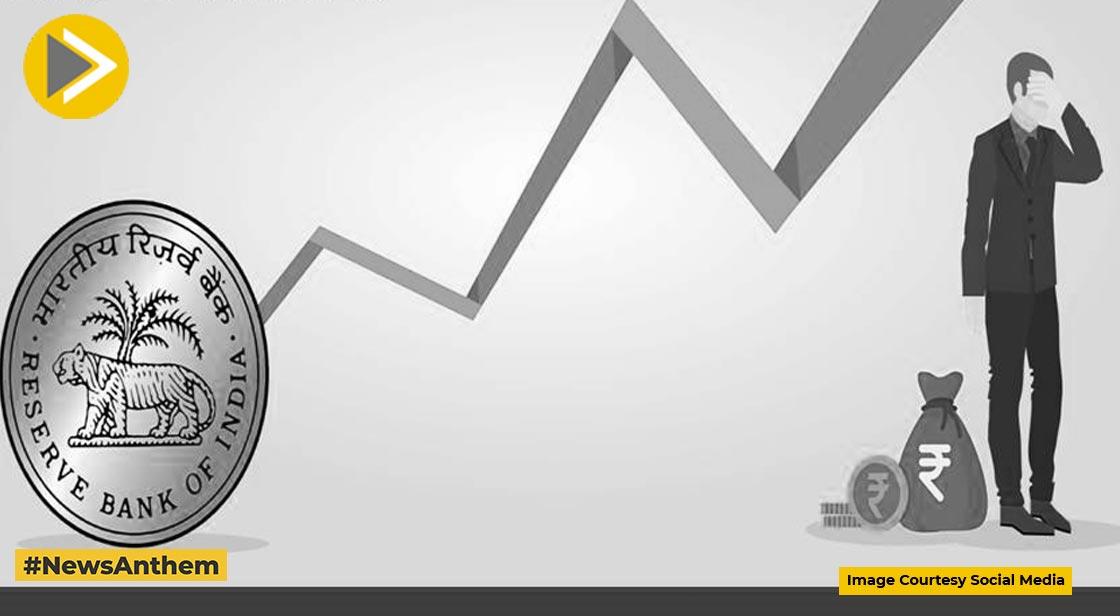Repo Rates Incraesed By 50 bps, Highest In Three Years

News Synopsis
The Reserve Bank of India Monetary Policy Committee increased the repo rates by 50bps, making it reach the pre-COVID levels. Repo rates are now at 5.40 percent, which is the highest since August 2019. The repo rate is now at its third increase over the past three months. RBI Governor Shaktikanta Das stated that the inflation of consumer prices has slowed, but remains more than the comfortable levels. The projection for growth in real GDP is also set at 7.2 percent for 2022-23. Additionally, RBI policy stance has been maintained at 'Withdrawal from Accommodation'. "Volatility in the global financial markets is affecting the domestic financial markets, resulting in an increase in inflation imported from abroad," Das added.
"The RBI's increase of 50bps to the Repo rate is front loaded to ensure that inflation easing is below the RBI's upper band of 6 percent in 4QFY23. As growth is shifting to broad-based, and Private Capex appears to be beginning to show signs of recovery and resurgence, the RBI has pre-loaded the repo rate hikes to limit inflation. It is interesting to note that the RBI has maintained the Indian economy on the rise (7.2 percent GDP growth in FY23) even through the turbulence of the weather. The RBI has clearly distinguished its own position from other central banks trying to halt their economies (recession during FY23) to reduce the inflation rate".
"MPC remains on track with a repo of 50 bps rate increase while maintaining its strict monitoring of inflation. The decision to keep FY23's inflation forecast at 6.7 percent highlights the global uncertainty. Continued "withdrawal of the accommodation" indicates more rate hikes to come, as a healthy economy allows for more room. Overall, this is a more aggressive policy than current market expectations, and reinforces the necessity to stabilize inflation expectations. We expect volatility in the market to remain high despite the rapidly changing global conditions".
"So that inflation rates are in the current situation, I don't believe demand is the main element. It's mostly due to problems with supply and the import of inflation. Our monetary policy initiatives did not contribute to the rise in domestic prices according to Governor Das. "I cannot declare at what level of inflation the MPC will suspend interest rates because the situation is fluid and uncertain," he said at the press conference after the policy announcement.
You May Like









